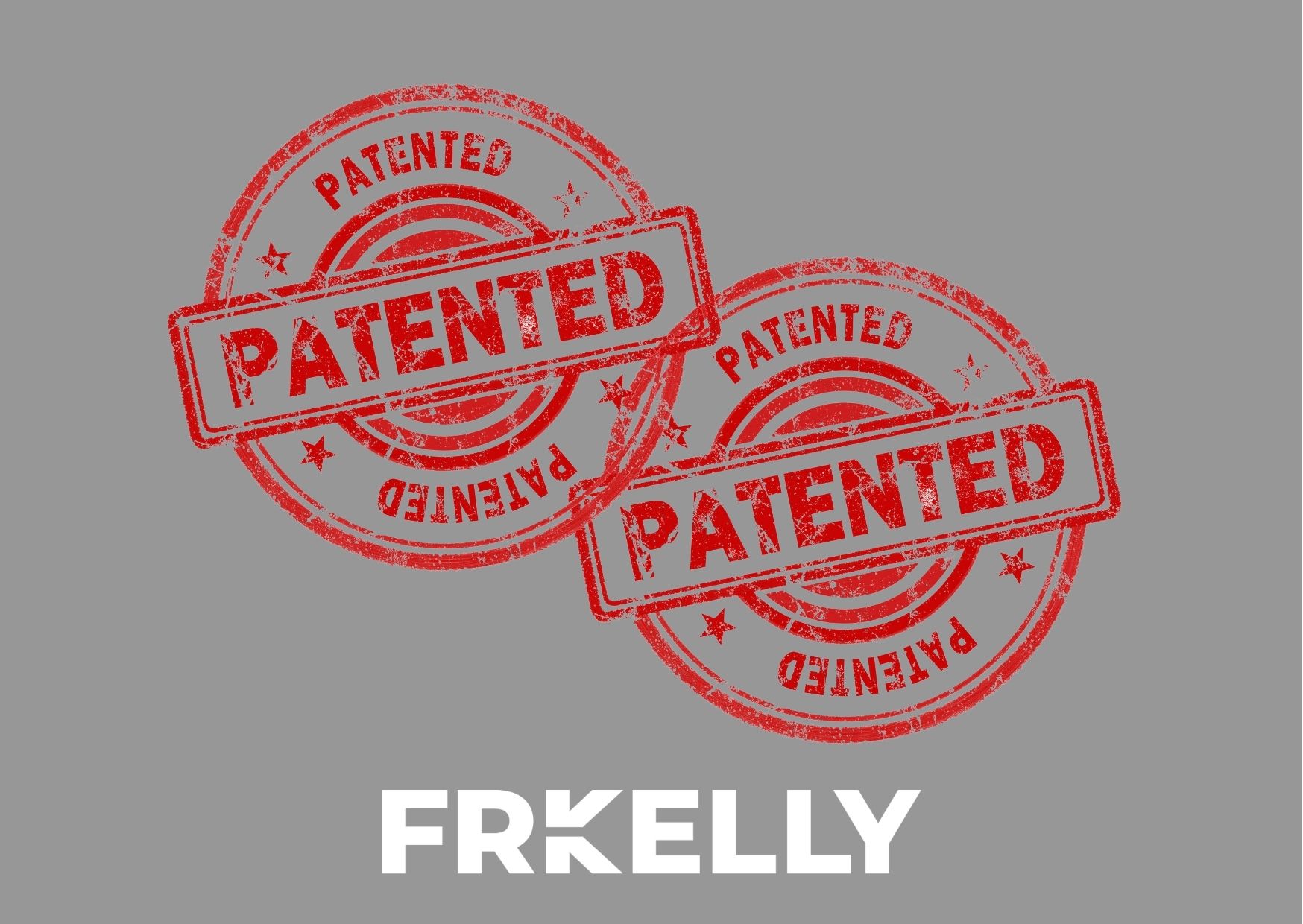Changes to SPCs and Marketing Authorisations in the UK implemented on 1 January 2025
13th January 2025

On 22 June 2021, the Enlarged Board of Appeal (EBA) of the EPO issued Decision G 4/19 on double patenting. The EBA held that a European patent application can be refused if it claims the same subject matter as a European patent that has been granted to the same applicant and that has the same effective date.
Referred Questions
The referring Examining Division refused a European patent application on the ground that the applicant already had a patent for the same invention. The applicant appealed and the Technical Board of Appeal referred these three questions on the prohibition on double patenting to the EBA (T 0318/14):
1. Can a European patent application be refused under Article 97(2) EPC if it claims the same subject-matter as a European patent which was granted to the same applicant and does not form part of the state of the art pursuant to Article 54(2) and (3) EPC?
2.1 If the answer to the first question is yes, what are the conditions for such a refusal, and are different conditions to be applied depending on whether the European patent application under examination was filed
a) on the same date as, or
b) as a European divisional application (Article 76(1) EPC) in respect of, or
c) claiming the priority (Article 88 EPC) in respect of a European patent application on the basis of which a European patent was granted to the same applicant?
2.2 In particular, in the last of these cases, does an applicant have a legitimate interest in the grant of a patent on the (subsequent) European patent application in view of the fact that the filing date and not the priority date is the relevant date for calculating the term of the European patent under Article 63(1) EPC?
Decision
The EBA answered two of the three questions in the referral (question 2.2 was not answered – it was considered moot in view of their answers to questions 1 and 2.1).
A European patent application can be refused under Articles 97(2) and 125 of the EPC if it claims the same subject matter as a European patent that has been granted to the same applicant and does not form part of the state of the art pursuant to Articles 54(2) and 54(3) of the EPC. This is irrespective of whether it:
This means that, if an applicant already has a European patent granted for a certain subject matter, the Examining Division will deny grant to claims to the same subject matter in later examination proceedings for an application that has the same effective date as the granted patent. However, the prohibition, so far, extends only to the examination proceedings, and not to opposition proceedings - G 4/19 did not comment on whether the same reasoning would be applied in opposition proceedings.
The double patenting prohibition applies even if the patent that was granted earlier is the priority application of the later-examined application (answer to question 2.1 (c)). Thus, the longer term of protection due to the later filing date of the younger application was considered as not representing a legitimate interest for justifying double patenting.

EBA's Reasoning
The EBA relied on Article 125 of the EPC:
in the absence of procedural provisions in this Convention, the European Patent Office shall take into account the principles of procedural law generally recognized in the Contracting States.
To determine what the generally recognised principles were in the context of the referral, the EBA considered the preparatory documents for the drafting of the EPC (Travaux Préparatoires) including the Minutes of the Proceedings of the Main Committee I regarding Article 125 of the EPC. It was found that most member states supported a prohibition of double patenting and that only Norway explicitly objected.
Repercussions of G 4/19
This decision makes clear that double patenting is not permitted by the EPO – this is consistent with the national provisions of many member states.
The referring decision and some of the third party briefs asked the EBA to clarify the meaning of "same invention", "same-subject matter" and "same applicant". However, the EBA did not clarify their meaning.
It remains to be seen whether assigning a priority application and a later application to different applicants before grant might circumnavigate the implications of G 4/19.
It also remains to be seen how the “same invention” and "same subject matter" will be interpreted. G 4/19 does not give any guidance on how they might be interpreted. Hopefully, the EPO interpretation will be rather narrow, such that the prohibition would apply only to identical subject matter.
If you have any queries on the above or any other Patent matters, please feel free to contact us.